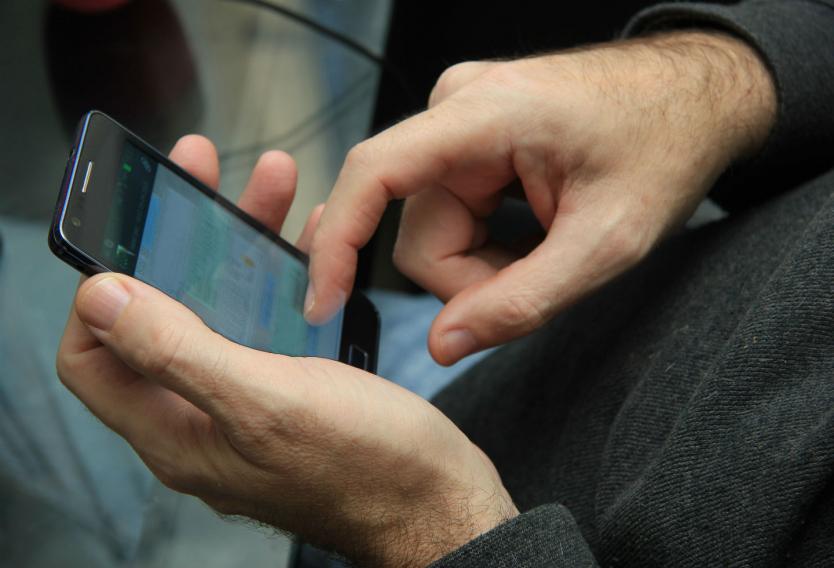Cases of scams and hacks through the Internet are becoming more and more frequent, a phenomenon that also affects thousands of citizens, especially on mobile devices that can be very vulnerable.
A university study revealed thathe numbers of this type of cybercrime have skyrocketed in several Latin American countries such as Colombia, Brazil and Peru, the latter that has seen an increase of more than 70% of this phenomenon.
Javier Moreno, software engineer, explained the reasons why criminals can easily access electronic devices to steal information and gave a series of recommendations to avoid being a victim of these crimes.
You may be interested in: Beware of scams: Ministry of Health warns of the traps of false officials
The cybersecurity expert from the Manuela Beltrán University explained that citizens must be attentive to the messages they receive, especially on cell phones and avoid providing information about your personal data on portals that you do not consider safe.
“With the messages that we have to be careful and cautious, they are those that reach our cell phone and come from external addresses, which take us to a web page. Messages that say we won a prize, have extremely good promotions,” he said.
He indicated that external links or suspicious documents should not be opened, “Because from there it is that the attackers take advantage, take advantage and can obtain personal information from us.”
More information: Google Doodle pays homage to metal drums, what is its origin?
He added that, “Prevention must be taken with respect to all the messages that reach us either by text message, by WhatsApp, even by email, in which they tell us that we earned money, that we won a prize or that we have a debt with a government or subpoena entity”.
Finally, the expert said that this modality has exploded especially during the last months in the country and concluded that many of these scams are effective because the offender is not exposed and uses different strategies such as posing as employees of banking entities, to gain the trust of unwary people and then steal their information and money.
















